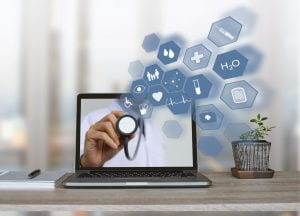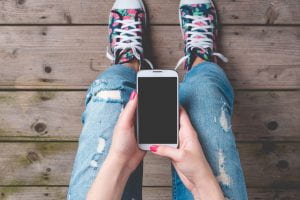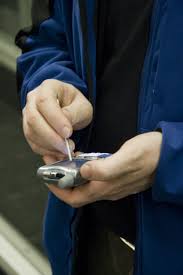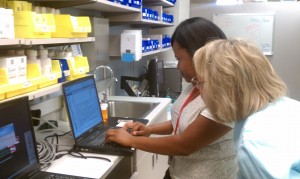
The baby boomers are the first generation that has navigated adulthood using digital technology. The oldest baby boomers were around 25 when the first e-mail was sent; they were the first generation to have home computers and personal smartphones. [Read more…]

 Thousands of people now speak to their smart devices to make their grocery lists. Students are more likely to type out notes in class than write them down. And we often type or dictate calendar reminders into our smartphones instead of writing them on a wall calendar. In short, people across the globe and in a wide variety of settings primarily use digital devices to record the things they want to remember.
Thousands of people now speak to their smart devices to make their grocery lists. Students are more likely to type out notes in class than write them down. And we often type or dictate calendar reminders into our smartphones instead of writing them on a wall calendar. In short, people across the globe and in a wide variety of settings primarily use digital devices to record the things they want to remember. 
 More than 90 percent of teenagers in the U.S. have a smartphone. Access to this type of technology and social networking changes the playing field for young people who are simultaneously developing a sense of identity and new social relationships.
More than 90 percent of teenagers in the U.S. have a smartphone. Access to this type of technology and social networking changes the playing field for young people who are simultaneously developing a sense of identity and new social relationships. 








